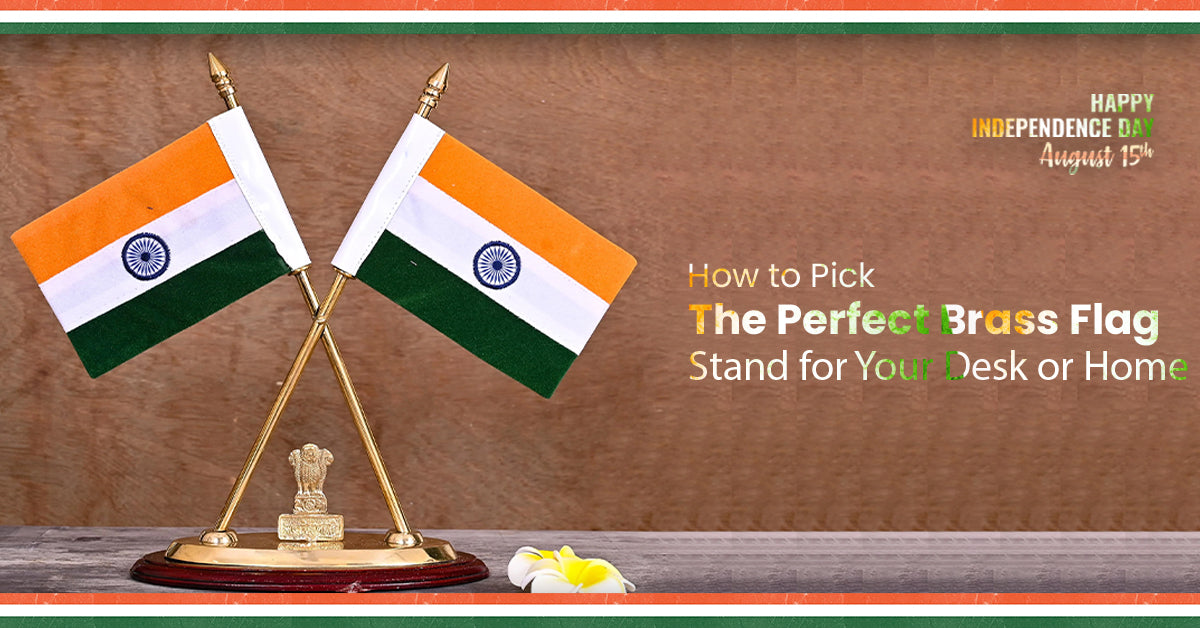

10 Best Practices For Using Your Copper Water Dispenser
, by javed techqart, 7 min reading time
Copper water dispensers have become a popular choice for health-conscious individuals seeking a stylish and potentially beneficial way to store their drinking water. These beautiful dispensers, traditionally used in Ayurveda for centuries, boast natural properties that can enhance your water consumption experience. But to reap the full benefits and ensure safe use, following some key practices is essential.
Copper Water Dispensers
Copper, a naturally occurring element, has been prized for its unique properties for millennia. In recent times, copper water dispensers have gained significant traction due to their potential health benefits. The primary attraction lies in copper's inherent antimicrobial properties. Studies suggest that copper surfaces can inactivate a wide range of bacteria, viruses, and fungi within hours of contact. This translates to potentially cleaner and safer drinking water stored in your copper dispenser.
Another advantage of copper is its lack of harmful chemicals. Unlike some plastic containers, copper dispensers are free of BPA and phthalates, chemicals that can leach into liquids and raise health concerns. So, you can enjoy your water with peace of mind, knowing it's stored in a natural and potentially beneficial container.
Best Practices for Using Your Copper Water Dispenser
Now that you understand the potential benefits of using a copper water dispenser, let's delve into the best practices for optimal use and enjoyment:
- Regular Cleaning
Just like any container used for storing food or beverages, your copper dispenser requires regular cleaning. This helps eliminate impurities and prevent tarnish buildup. Use warm water, a mild dish soap, and a soft cloth to gently clean the interior and exterior of the dispenser. Avoid harsh chemicals or abrasive scrubbers, as they can damage the copper surface. Rinse thoroughly after cleaning and dry completely with a clean cloth before refilling.
- Keep it Cool: The Importance of Water Temperature
Copper is an excellent heat conductor. While this makes copper mugs popular for keeping drinks chilled, it's not ideal for storing hot water in your dispenser. Hot water can cause copper to leach into the water at higher levels, potentially exceeding safe limits. To avoid this, always fill your dispenser with cool or room-temperature water. This ensures the safety of your drinking water and protects the integrity of your dispenser.
- Freshness Matters: Refill Regularly
For the most refreshing and potentially health-promoting experience, it's recommended to replace the water in your copper dispenser regularly. Ideally, refill your dispenser daily or every other day, depending on your usage. This ensures you're drinking fresh, potentially bacteria-resistant water and prevents stagnation that could lead to unwanted taste or odor.
- Water Only: Keep it Simple
While copper offers potential benefits for water storage, it's best to limit its use to plain water. Acidic liquids like citrus juices, vinegar, or even some sodas can react with copper, causing it to leach into the liquid at higher rates. This can not only alter the taste of your beverage but also raise health concerns. To maintain the safety and longevity of your dispenser, use it exclusively for storing water.
- Be Vigilant: Monitor for Damage
Even the most durable copper dispensers can experience wear and tear over time. Regularly inspect your dispenser for dents, cracks, or leaks. Dents and cracks can harbor bacteria, while leaks can render the dispenser unusable. If you notice any damage, address it promptly. Minor dents can sometimes be smoothed out by a professional, but leaks might necessitate replacing the dispenser.
- Soft Touch: Gentle Cleaning Practices
When cleaning your copper dispenser, remember that copper is a relatively soft metal. Harsh scrubbers or abrasive cleaning agents can scratch the surface. To maintain the beauty and integrity of your dispenser, opt for soft cloths and gentle cleaning methods. A soft microfiber cloth is a perfect choice for daily cleaning, while a mild dish soap diluted in warm water is sufficient for most cleaning needs.
- The Power of Patience: Let it Air Out
After cleaning your copper dispenser, allow it to air out completely before refilling it with water. This prevents any residual moisture from being trapped inside, which could lead to discoloration or the growth of mold. Leaving the dispenser open for a few minutes after cleaning ensures it dries thoroughly.
- Shine On: Polishing for a Gleaming Finish
Over time, copper can naturally tarnish, developing a darkened patina. While this is a harmless aesthetic change for some, others prefer a brighter finish. If you desire a polished look, you can use a commercially available copper cleaner or a homemade solution of lemon juice and salt. Apply the chosen solution sparingly with a soft cloth, then rinse thoroughly and dry completely before refilling.
- Size Matters: Choosing the Right Dispenser
Copper water dispensers come in various sizes, from petite countertop models to larger, floor-standing options. Consider your needs and available space when choosing the right size. For everyday use, a countertop dispenser that holds 1-3 gallons is a good option. If you have a large family or entertain frequently, a bigger dispenser might be more suitable. Remember, for optimal hygiene, it's best to refill your dispenser regularly, so choose a size that aligns with your water consumption habits.
- Location: Finding the Perfect Spot
Placing your copper dispenser in the right location can enhance its functionality and aesthetics. Choose a cool, dry place away from direct sunlight. Heat can accelerate tarnishing, and sunlight may fade the exterior of the dispenser over time. Consider a spot on your countertop near your sink for easy access and refilling. Alternatively, a dedicated space on your dining table or kitchen island can add a touch of elegance to your décor.
Reap the Benefits and Enjoy the Beauty of Copper Water Dispenser
By following these simple practices, you can ensure the safe and optimal use of your copper water dispenser. Regular cleaning, maintaining cool water temperature, and refilling regularly will maximize the potential health benefits and promote freshness. Remember to use your dispenser for water only and keep an eye out for any damage. With a little care, your copper water dispenser can become a beautiful and potentially health-promoting addition to your home for years to come.
Copper is a naturally antimicrobial surface, but it's not a substitute for proper water filtration. If you have concerns about your tap water quality, consider using a filter before filling your copper dispenser. This ensures you're enjoying the potential benefits of copper while also addressing any potential impurities in your water source.
With a little tender loving care, your copper water dispenser can become a cherished part of your healthy hydration routine. By following these best practices, you can ensure its functionality, safety, and beauty for a long time. So, embrace the potential health benefits and enjoy the timeless elegance that a copper water dispenser brings to your home!
Tags
Blog posts





